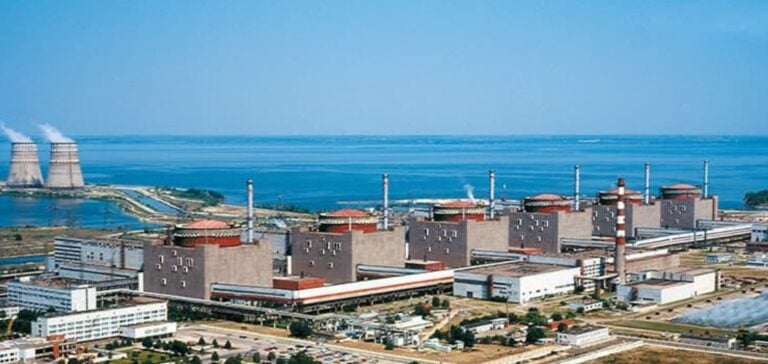The International Atomic Energy Agency (IAEA) has expressed concern about the possibility of restarting the Zaporizhzhia nuclear power plant in Ukraine, currently under Russian control. Rafael Grossi, Director of the IAEA, has stated that the security situation around the plant does not allow a safe resumption of operations.
Power plant security and current conflict
At a press conference, Grossi stressed that as long as military activities are taking place around the plant, it is unwise to think about reactivating it. The plant, which houses six reactors, is currently shut down on the recommendation of the IAEA due to safety concerns. Last week, Grossi met Russian officials, including President Vladimir Putin, to discuss the issue. Although Moscow hopes to restart Europe’s largest nuclear power plant, no immediate plans have been announced for its reactivation. Grossi insisted that important steps had to be taken before any restart.
Requirements for a Safe Restart
For a safe recovery, it is imperative that there is no further bombing or military activity around the plant. In addition, Grossi highlighted the need for a stable external power supply, which requires major repairs to existing lines, made difficult by ongoing conflicts. Exchanges of fire between Russian and Ukrainian forces regularly cut power lines to the plant. Last month, drones attacked the plant, hitting a reactor building in the most serious incident since November 2022. Fortunately, nuclear safety was not compromised, said the IAEA.
Risk of power failure
Grossi said that frequent attacks and cuts in external power lines due to military activity are creating a serious situation. External power supply is essential to prevent a catastrophic meltdown, as it is needed to cool the fuel in the reactors, even when they are shut down.
Outlook and Analysis
The prospects for restarting the plant remain uncertain as long as the conflict persists. The safety of nuclear operations in a war zone raises critical questions for international regulators and players in the energy industry. The IAEA continues to monitor the situation closely and to engage in discussions with the parties concerned to ensure nuclear safety. Experts point out that any attempt to restart without stable security conditions could have devastating consequences not only for Ukraine, but for the whole of Europe. The IAEA’s efforts to establish safe conditions demonstrate the importance of diplomacy and international cooperation in nuclear safety.
The future of the Zaporizhzhia power plant remains a major concern in the context of the ongoing conflict, with far-reaching implications for energy security and regional stability.






















